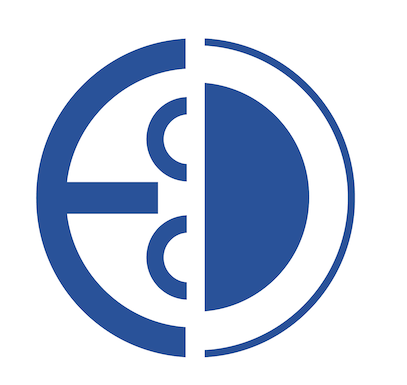Presentation
E.C.C.O. was established in 1991 by 14 European Conservator-Restorers‘ Organisations. Currently representing up to 6.000 professionals within 22 countries and 25 members organisations, including one international body (IADA), E.C.C.O. embodies the field of preservation of cultural heritage, both movable and immovable.
Conservator-Restorers are increasingly becoming involved in administration and management of cultural heritage. During its 30 years of existence, E.C.C.O. has established principles and fought for regulation to control access to the profession of the Conservator-Restorer, by articulating professional standards and publishing guidelines for education and practice.
OUR VISION
- Cultural heritage safeguarded for society through high standards in the professional practice of Conservation-Restoration.
OUR MISSION
- To organize, develop and promote, on a practical, scientific and cultural level, the profession of the Conservator-Restorer.
- To set standards and regulate practice at European level and enhance communication between and mobility of professionals.
- To strengthen the role and responsibilities of the Conservator-Restorer in relation to others in safeguarding cultural heritage.
OUR WORK
- Professional Guidelines
- Competences for the access to the Conservation-Restoration Profession
- Strategic Plan
OUR EXPERTISE
- Arises from our transnational network of active professional practitioners and our contribution and participation at European projects related to heritage professions, competences, knowledge transfer and cultural employment.
EUROPEAN PROJECTS
- APEL 'Acteurs de la sauvegarde et de la conservation du patrimoine culturel et la legislation' with diverse Cultural heritage stakeholders (2001)
- Voices of Culture on 'Skills, training and knowledge transfer: traditional and emerging heritage professions' (2017)
- OMC Report on 'Fostering cooperation in the European union on skills, training and knowledge transfer in cultural heritage professions' (2019)
- CHARTER 'Cultural Heritage Action to Refine Training, Education and Roles' from January 2021 to December 2024 is the title of a successful project proposal for an ERASMUS+ call on a sectoral skills strategy (blueprint) on Cultural Heritage. It was written by a large European consortium led by the University of Barcelona, which covers all relevant areas of cultural heritage professionals and aims to:
-
- Co-lead a scoping and analysis working package on competences, statistical indicators and occupational profiles within the sector.
- Contribute to the working package on education and training programmes as well as on vocational education and training provisions for cultural heritage professions.
- Design a discrete occupational profile for the conservator-restorer.
- Contribute to implementation and assessment of frameworks at local level.
- Contribute to draft European policy recommendations.
- Contribute in the dissemination of actions, outcomes and good practices.

